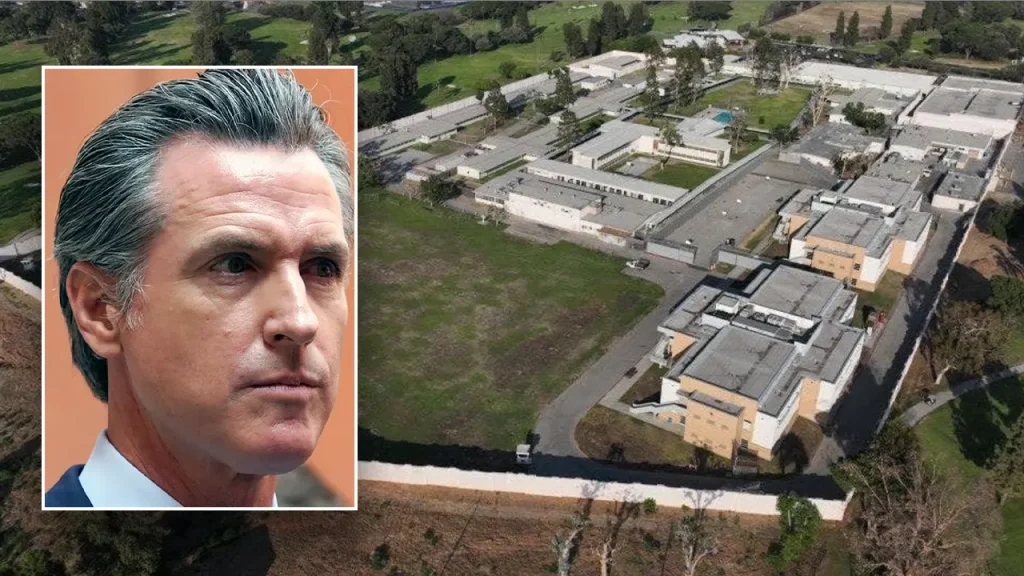Los Angeles County Probation Department in Crisis: A Call for Help Amid Staffing Shortages and Public Safety Concerns
The Los Angeles County Probation Department is grappling with a severe staffing crisis that has prompted its leadership to seek urgent assistance from local law enforcement agencies. In a December memo sent to the California Governor’s Office of Emergency Services (OES), Probation Chief Guillermo Viera Rosa aired concerns about a "significant void" in the supervision of high-risk probationers. This shortfall, caused by the reallocation of field officers to county juvenile halls, has raised alarm bells about public safety. Rosa’s request for mutual aid marks a stark admission of the department’s inability to manage its current workload effectively.
The Root of the Problem: Staffing Shortages and Juvenile Hall Challenges
The crisis began when the Probation Department reassigned field officers to Los Padrinos Juvenile Hall in Downey to address staffing shortages at the facility. This move was necessitated by the abrupt reopening of Los Padrinos in 2023, following the closure of two other juvenile halls. The facility has since struggled with operational challenges, including violence among detained minors and staffing issues so severe that the state threatened to shut it down unless improvements were made. Despite these warnings, Los Padrinos remains operational, housing juveniles in conditions deemed unsuitable by state authorities. The reallocation of probation officers to the facility has left a gaping hole in the supervision of adult and juvenile probationers, many of whom are classified as high-risk.
A Desperate Plea for Assistance: Mutual Aid Request to Local Law Enforcement
In an effort to bridge the supervision gap, Chief Rosa has called on the Los Angeles County Sheriff’s Department and local police agencies to conduct compliance checks on probationers over a one-year period. The request includes a proposal for 150 peace officers to assist with supervision. Under the plan, probation officers would handle data collection and share information with law enforcement, while police officers would conduct checks and make arrests as needed. To incentivize participation, the Probation Department has offered to reimburse police agencies for the time spent on these checks, including an additional two hours per check. However, this proposal has been met with skepticism from some quarters, with critics questioning its feasibility and the willingness of local law enforcement to take on added responsibilities.
Skepticism and Resistance: Will Local Law Enforcement Answer the Call?
Eduardo Mundo, chair of the county Probation Oversight Commission and a former probation supervisor, has expressed doubts about the likelihood of local law enforcement agencies agreeing to assist. He characterized the Probation Department as "dysfunctional" and pointed to its poor treatment of its own employees, suggesting that this could deter police agencies from cooperating. Mundo’s concerns are not unfounded, given the department’s history of mismanagement and the challenges inherent in taking on probation-related duties. Additionally, the Los Angeles County Deputy Probation Officers’ Union has criticized the decision to redeploy field officers to juvenile halls, arguing that it undermines the expertise of probation officers and creates unnecessary risks for public safety.
The Broader Implications: Public Safety at Risk
The staffing crisis within the Probation Department has far-reaching consequences for public safety. High-risk probationers, including those convicted of sexual assault, domestic violence, and gang-related crimes, are not receiving adequate supervision. This lapse has the potential to embolden offenders and increase the likelihood of reoffending. The case of Justin Flores, a convicted gang member who killed two El Monte police officers in 2023, underscores the dangers of lax supervision. Flores was reportedly contacted by probation officers only six times over 16 months, highlighting systemic failures within the department. Without urgent intervention, similar tragedies may occur, placing communities at greater risk.
A Call to Action: Addressing the Crisis and Ensuring Accountability
The Probation Department’s request for mutual aid is a stopgap measure that does not address the underlying issues plaguing the agency. To resolve the crisis, the department must prioritize staffing stability at juvenile halls and ensure that field officers can resume their critical role in supervising probationers. County officials must also work to restore trust between the Probation Department and local law enforcement agencies, fostering collaboration that is essential for public safety. Additionally, the department must be held accountable for its failures, including the lack of adequate oversight of high-risk offenders. Without meaningful reforms, the crisis will persist, leaving the community vulnerable to the consequences of unchecked criminal activity.












